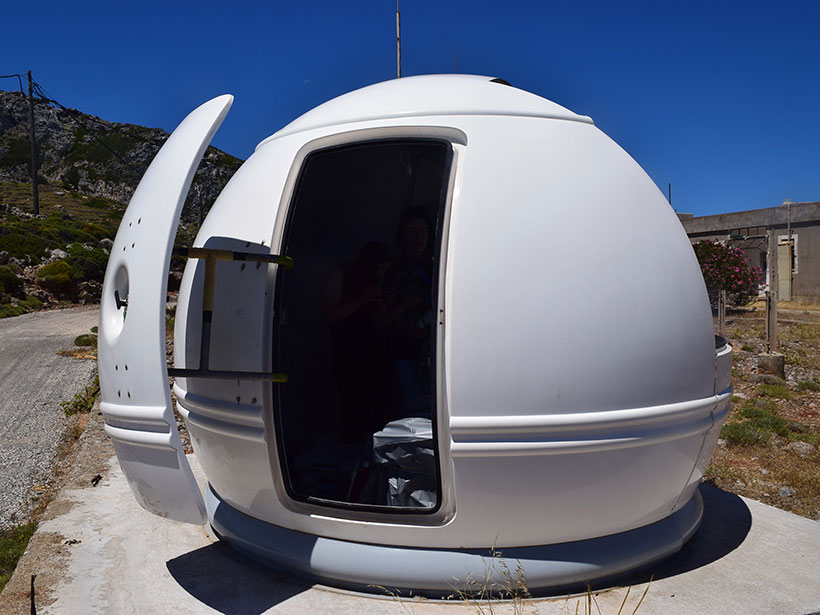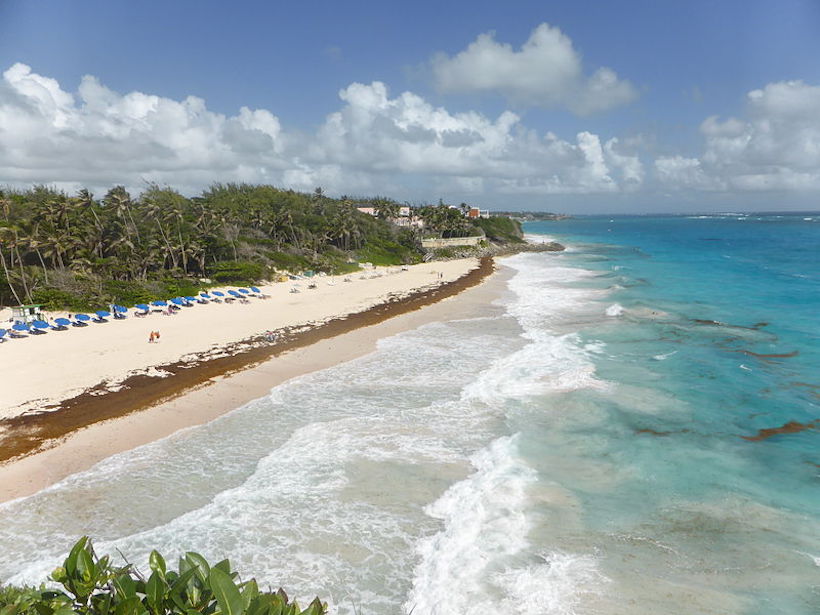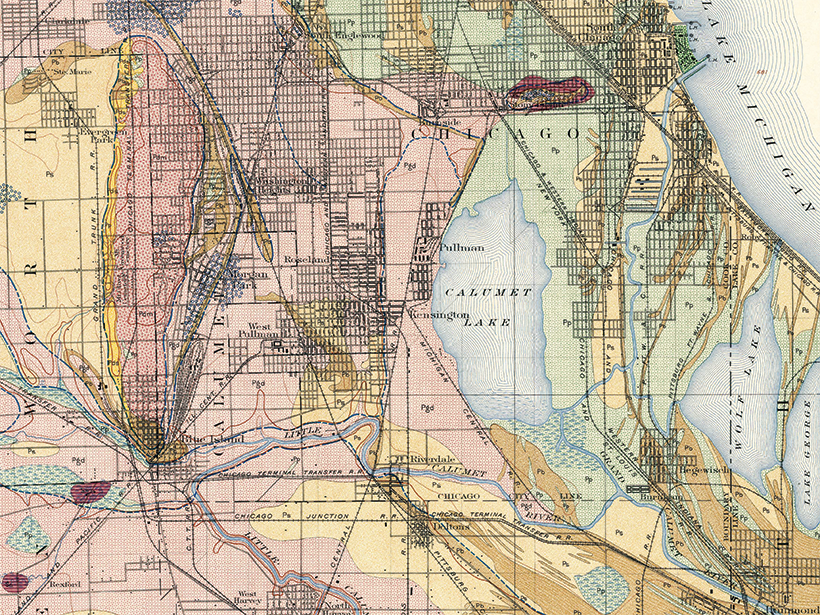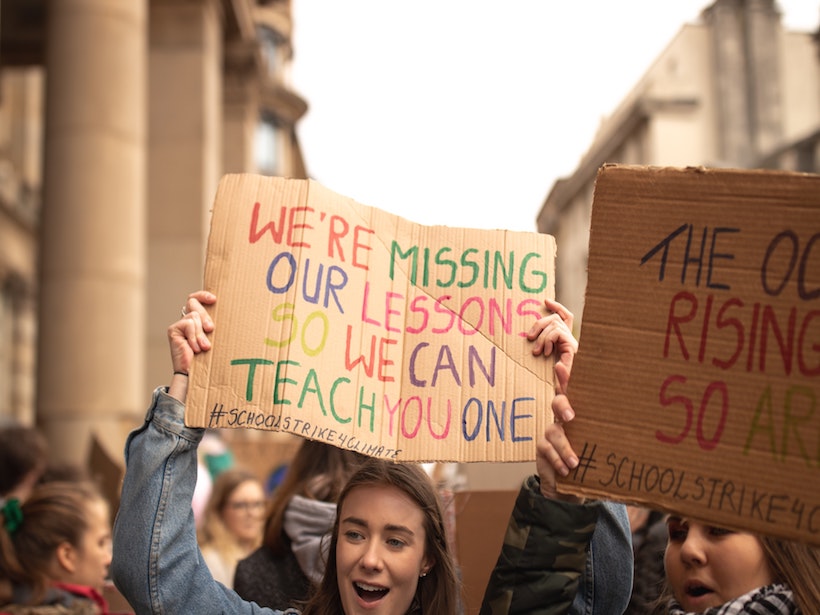Journalists, moderators, and the public have an important opportunity to question the presidential and vice presidential candidates in the upcoming TV debates.
News
Have We Got Dust All Wrong?
Scientists are challenging conventional notions of how dust particles are aligned; “everything we’ve so far hypothesized about the impact of dust on the atmosphere might be misplaced.”
Saint Lucia Works to Release Itself from Sargassum’s Stranglehold
Nearly 10 years ago, Caribbean beaches experienced a sudden onslaught of Sargassum. Today residents continue to explore ways to mitigate the seaweed’s damage to local health and livelihoods.
The G20 Is Investing in Fossil Fuels
Among the G20, the United States and United Kingdom have invested the most in fossil fuels since the beginning of 2020.
Podcast: The Unusual Relationship Between Climate and Pandemics
Two recent studies show how climate affects human pandemics and how pandemics, in turn, alter the environment.
Chicago Wetlands Shrank by 40% During the 20th Century
A team of graduate students measured wetland and biodiversity changes during the 100 years following the reversal of the Chicago River.
Tropical Cyclones Suppress Rainfall in Their Wakes
Passing storms dredge up colder ocean water, curbing evaporation and decreasing cloud coverage and rainfall for weeks, satellite data reveal.
Using Dirt to Clean Up Construction
The construction industry is one of the world’s largest emitters of carbon dioxide. Whether it can reduce those emissions depends on replacing its most common building material.
Decrease in Lightning Recorded over the Lower 48
Researchers mining data from the National Lightning Detection Network found a 32% decrease in lightning counts in May and June 2020 compared with previous years.
Youth Climate Movement Recalibrates
Sixteen children await a decision from the United Nations on whether their home nations have endangered their rights by not adequately responding to climate change.










